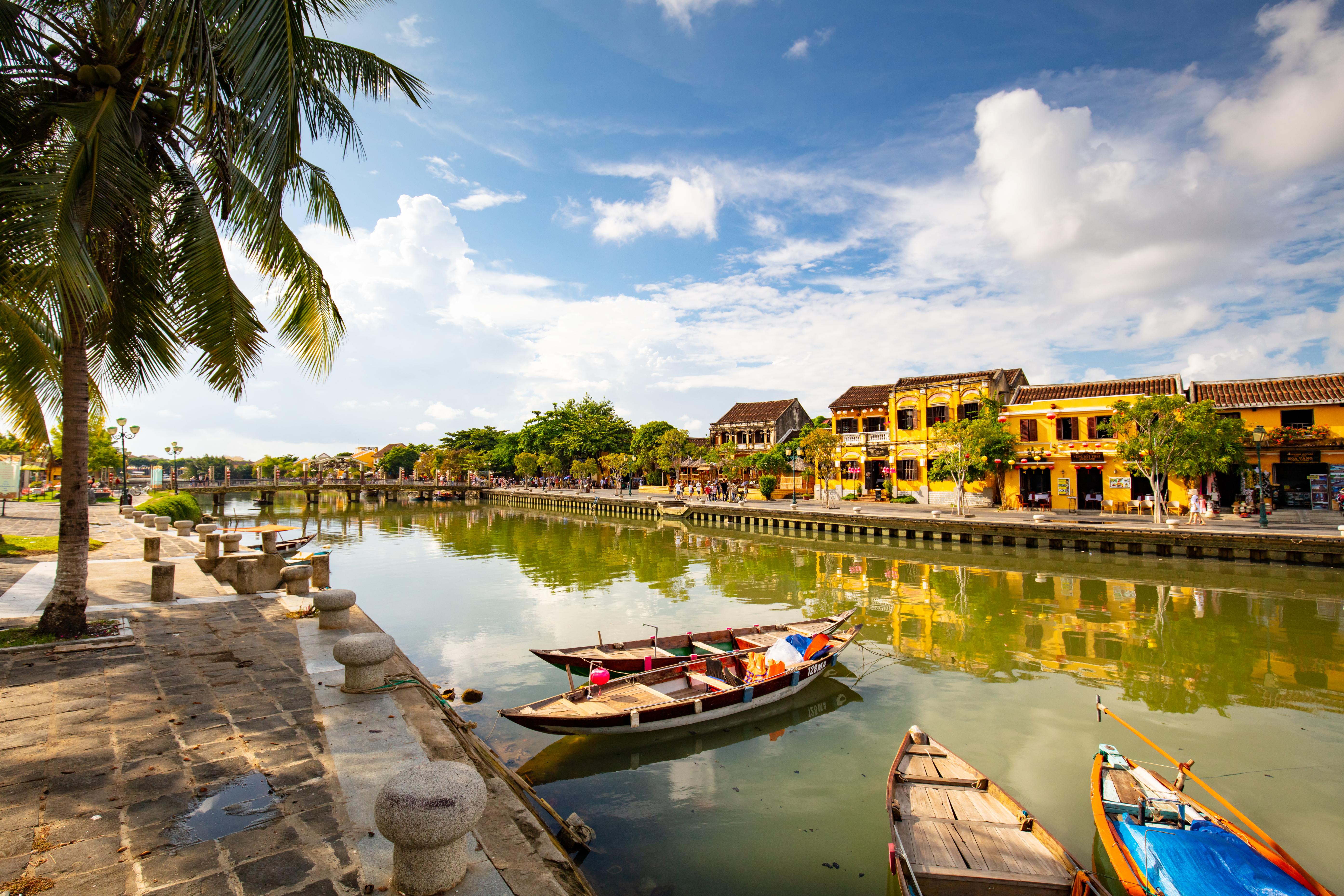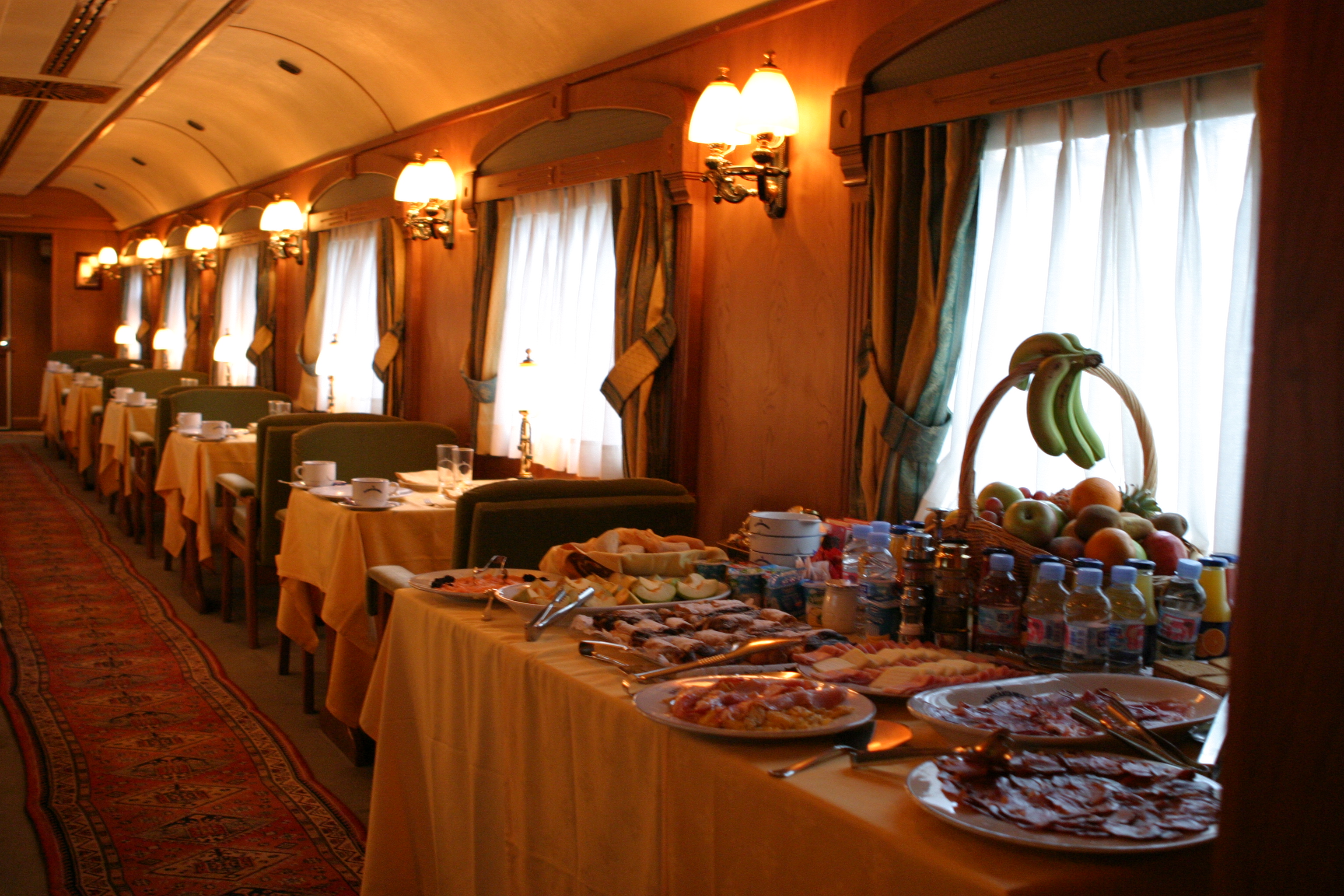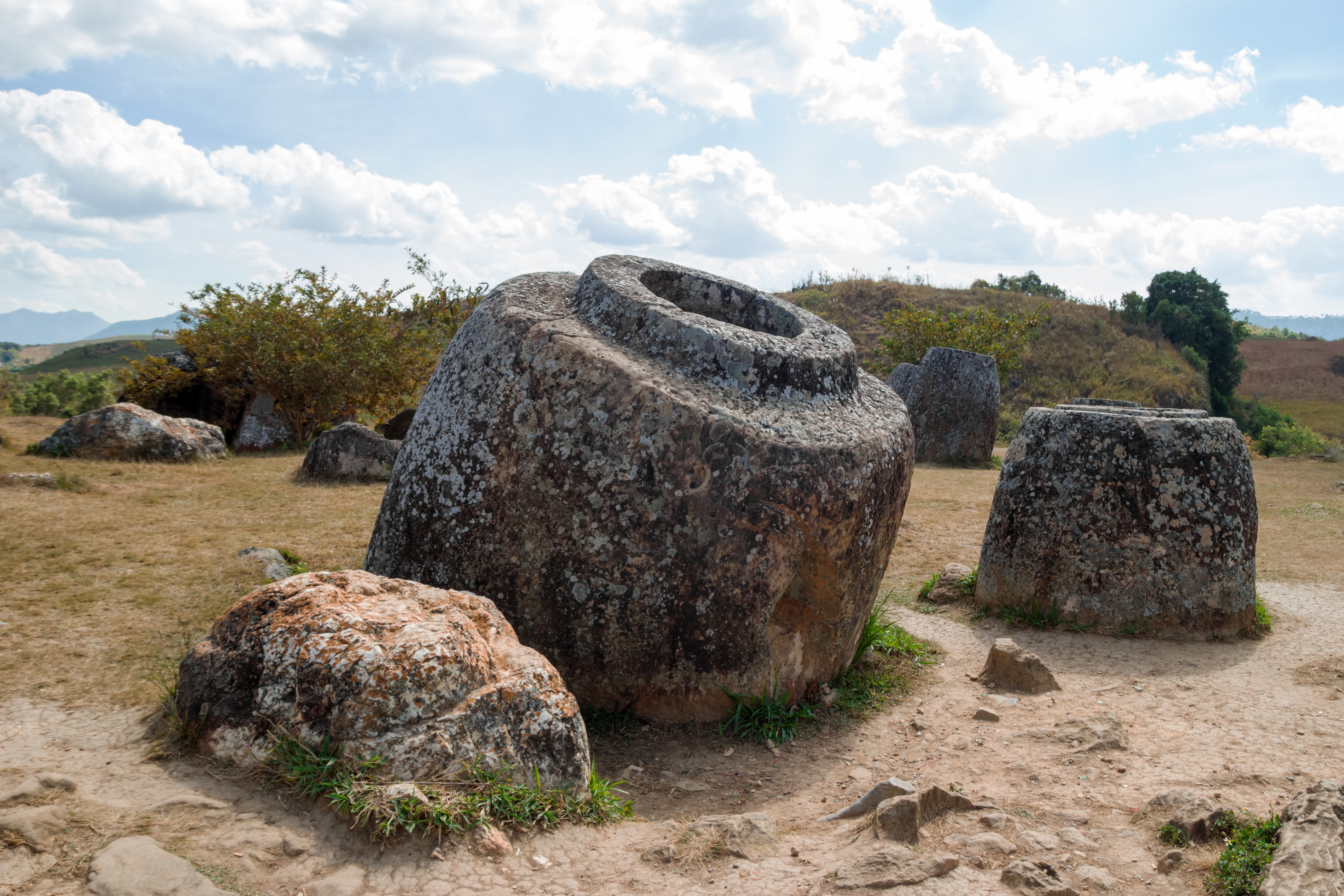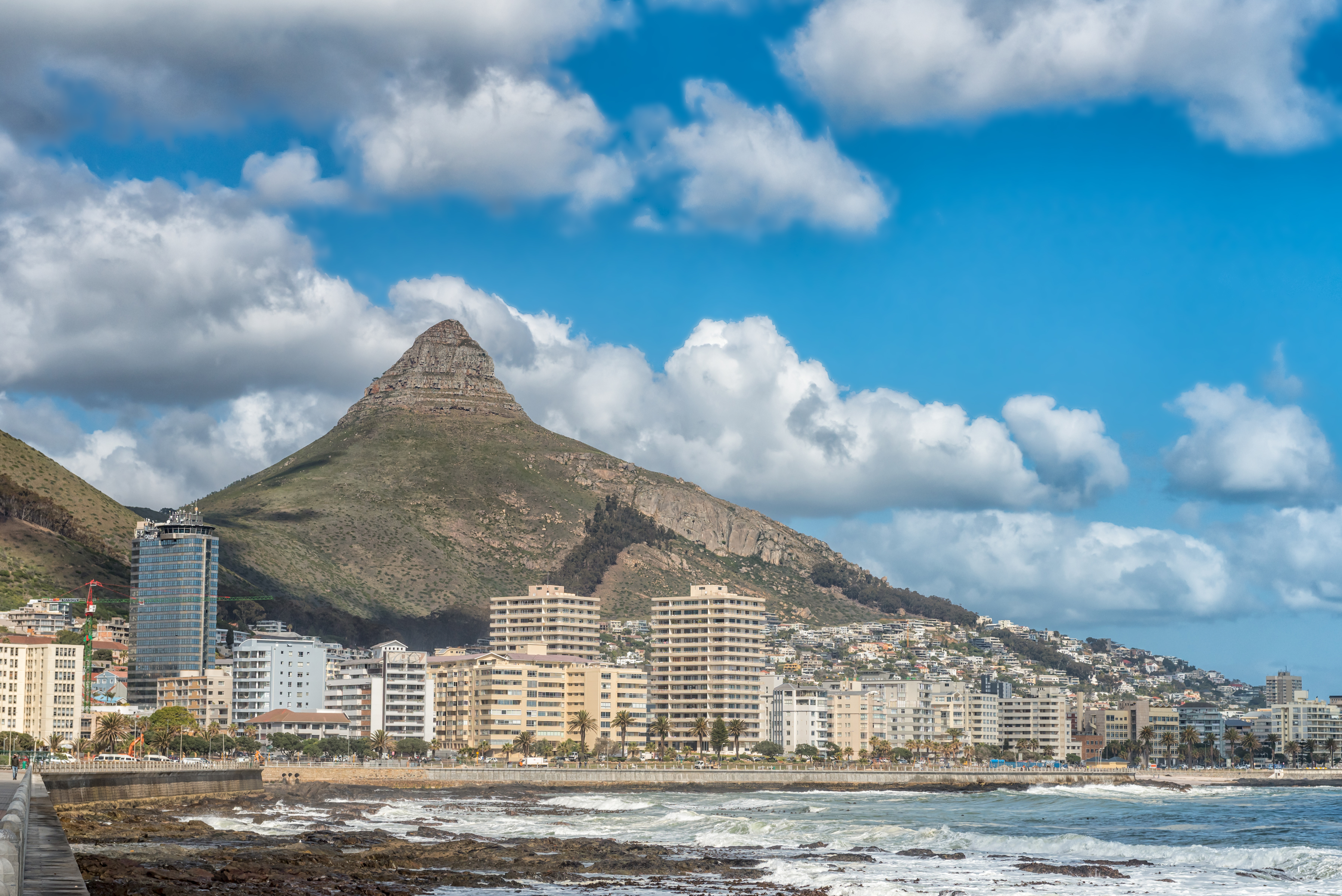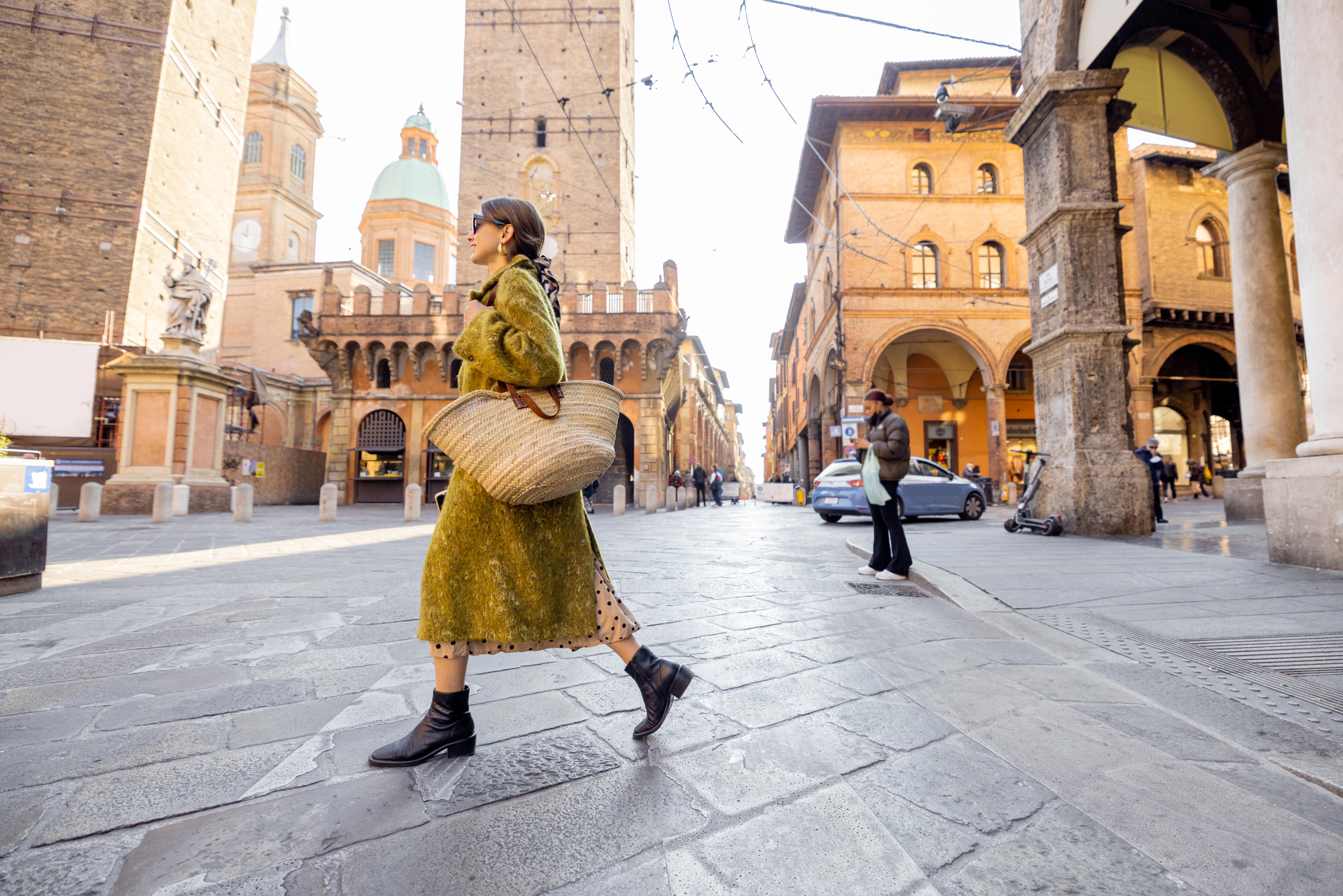13 Travel Warnings Demystified: Navigating Europe's Complex Advisories
Traveling across Europe is a dream for many, with its rich tapestry of cultures, languages, and histories. However, the sheer diversity can often lead to confusion and overwhelm, especially for first-time travelers. This guide aims to demystify the experience by offering 13 essential tips that will transform your European journey from daunting to delightful. From understanding local customs to mastering public transport, each section of this article is designed to equip you with the knowledge and confidence needed to navigate the continent like a seasoned traveler. Whether you're exploring the cobblestone streets of Paris or the scenic fjords of Norway, these tips will ensure your European adventure is both memorable and manageable.
1. Understanding the Schengen Zone: Your Passport to Europe
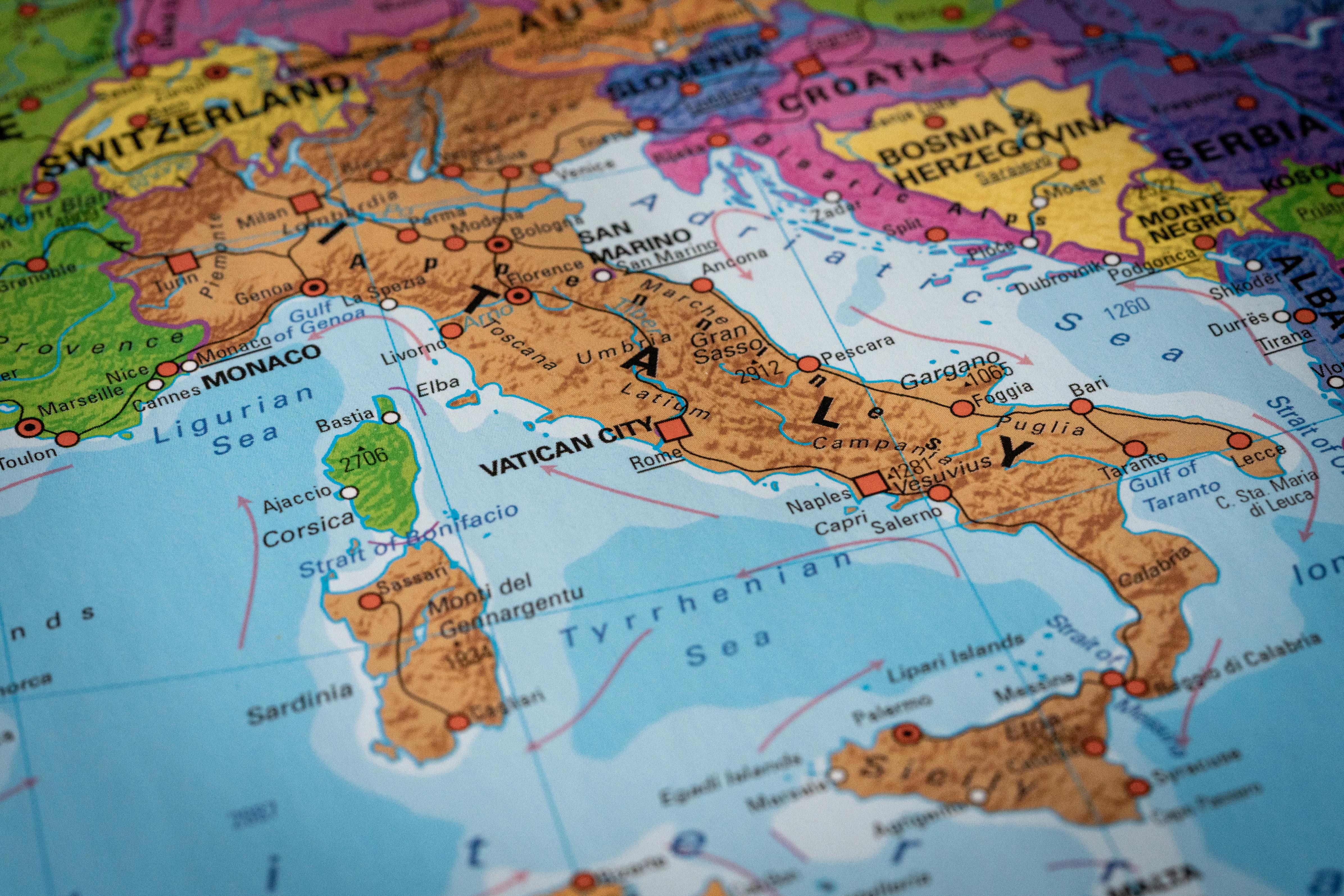
The Schengen Zone is a key concept for any European traveler to understand. Comprising 27 European countries, it allows for passport-free travel across most of the continent, making it easier to explore multiple destinations without the hassle of border checks. However, it's crucial to know which countries are part of the Schengen Agreement and which are not, as this will affect your travel plans and visa requirements. For instance, while Switzerland is part of the Schengen Zone, the United Kingdom is not. Understanding the nuances of the Schengen Zone can save you time and stress, ensuring a smoother travel experience.
2. Currency Conundrum: Managing Money Across Europe

Navigating the financial landscape of Europe can be tricky, with multiple currencies in use across the continent. While the Euro is the dominant currency, used by 19 of the 27 EU member states, countries like the United Kingdom, Switzerland, and Norway have retained their own currencies. It's essential to familiarize yourself with the local currency of each country you plan to visit and consider the best ways to manage your money. Using credit cards is convenient, but it's wise to carry some cash, especially in rural areas or smaller towns where card payments may not be accepted. Additionally, understanding exchange rates and ATM fees can help you budget effectively and avoid unnecessary expenses.
3. Language Barriers: Communicating Across Cultures
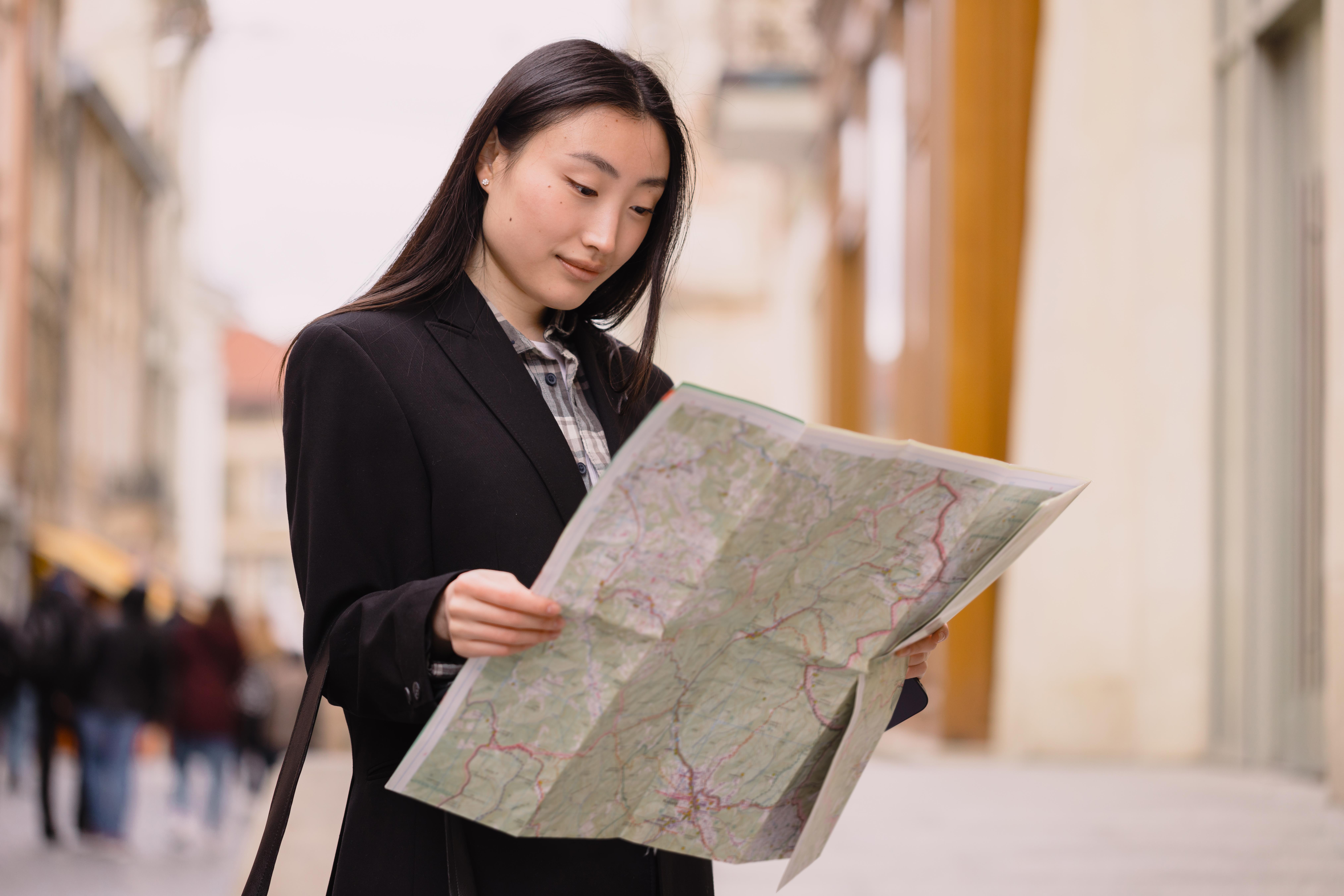
Europe is a linguistic mosaic, with over 200 languages spoken across the continent. While English is widely spoken in many tourist areas, it's beneficial to learn a few basic phrases in the local language of each country you visit. This not only helps in practical situations, such as asking for directions or ordering food, but also shows respect for local cultures. Language apps and phrasebooks can be valuable tools, enabling you to communicate more effectively and enrich your travel experience. Remember, even a simple "thank you" in the local language can go a long way in building rapport with locals.
4. Embracing Local Customs: The Etiquette Essentials
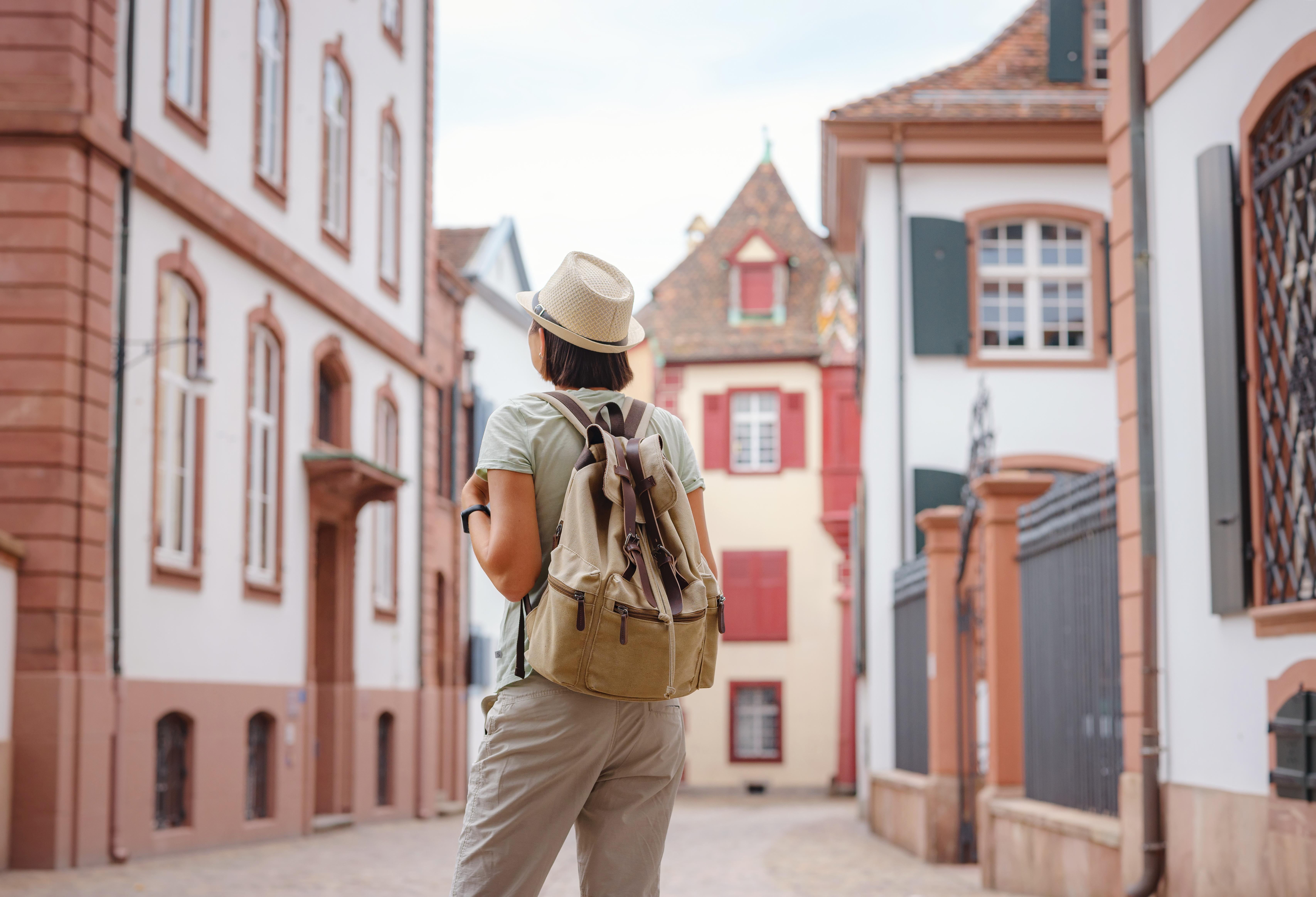
Understanding and respecting local customs is crucial when traveling in Europe. Each country has its own unique set of social norms and etiquette, which can vary significantly even within regions. For example, in Italy, it's customary to greet with a kiss on both cheeks, while in Germany, a firm handshake is preferred. Dining etiquette also varies; in Spain, it's common to have dinner late at night, whereas in Sweden, meals are typically earlier. Being aware of these cultural nuances not only helps you avoid faux pas but also enhances your interactions with locals, making your travel experience more authentic and enjoyable.
5. The Art of Packing: Essentials for European Travel
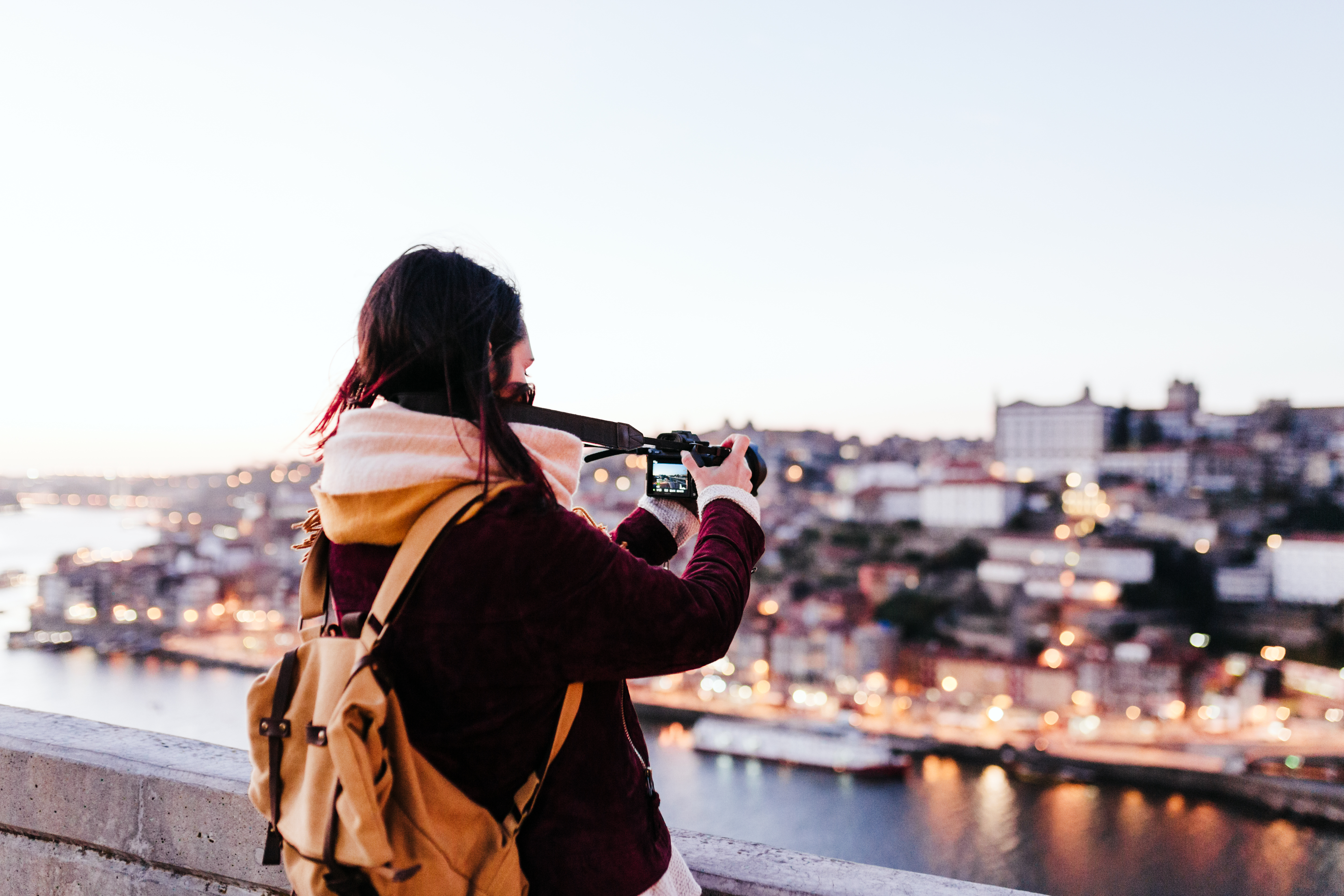
Packing for a trip to Europe requires careful planning, as the continent's diverse climates and terrains can present unique challenges. Layering is key, as weather can vary greatly from one country to another, and even within a single day. Invest in versatile clothing that can be mixed and matched, and consider the cultural norms of your destinations—some countries may have specific dress codes for religious sites or formal occasions. Additionally, packing travel-sized toiletries and a universal adapter for electronics can save space and ensure you're prepared for any situation. A well-packed suitcase can make all the difference in your travel experience, allowing you to focus on the adventure ahead.
6. Mastering Public Transport: Navigating Europe's Networks

Europe boasts an extensive and efficient public transport system, making it easy to travel between cities and countries. From the iconic London Underground to the high-speed trains of France and Germany, understanding how to navigate these networks is essential. Research the local transport options in each city you visit, including buses, trams, and metro systems, and consider purchasing travel passes or rail cards for cost-effective and convenient travel. Familiarize yourself with schedules and routes, and don't hesitate to ask locals for assistance if needed. Mastering public transport not only saves time and money but also offers a glimpse into the daily life of each city.
7. Accommodation Options: Finding Your European Home Away from Home

Choosing the right accommodation is a crucial aspect of any travel experience. Europe offers a wide range of options, from luxury hotels and charming bed-and-breakfasts to budget-friendly hostels and vacation rentals. Consider your budget, travel style, and the level of comfort you desire when selecting accommodation. Staying in a central location can save time and transportation costs, while opting for a local guesthouse or Airbnb can provide a more authentic experience. Additionally, reading reviews and comparing prices on multiple platforms can help you find the best deals and ensure a comfortable and enjoyable stay.
8. Culinary Adventures: Savoring Europe's Diverse Flavors

One of the highlights of traveling in Europe is the opportunity to indulge in its diverse culinary traditions. Each country boasts its own unique flavors and dishes, from Italian pasta and French pastries to Spanish tapas and Greek souvlaki. Embrace the local cuisine by trying regional specialties and dining in local eateries. Don't be afraid to step out of your comfort zone and sample unfamiliar dishes—food is an integral part of culture, and exploring it can enhance your understanding and appreciation of each destination. Consider joining a food tour or cooking class to deepen your culinary experience and take home new skills and recipes.
9. Navigating Tourist Attractions: Beating the Crowds
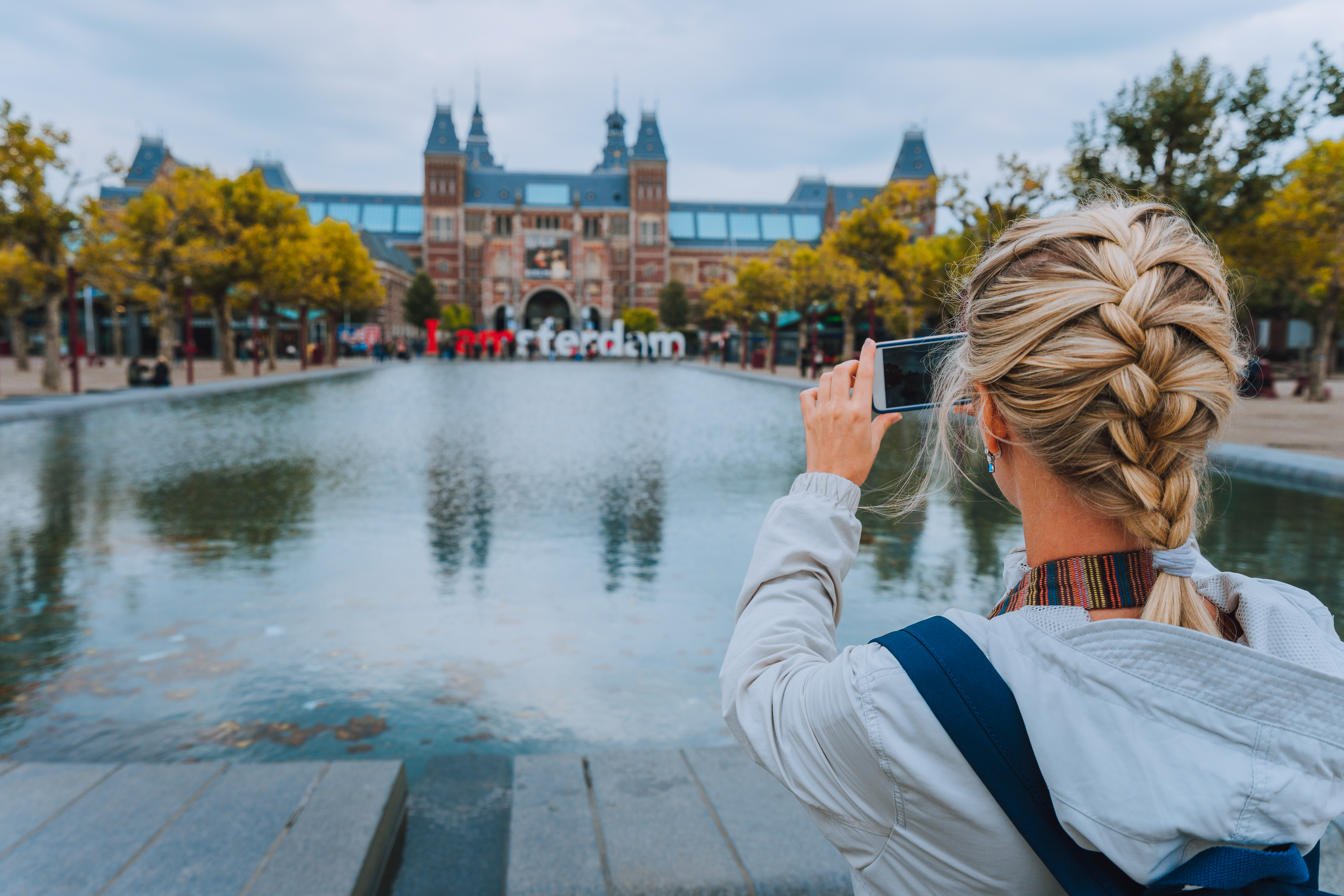
Europe is home to some of the world's most iconic tourist attractions, from the Eiffel Tower and the Colosseum to the Sagrada Familia and the Acropolis. While these sites are must-sees, they often attract large crowds, especially during peak tourist seasons. To make the most of your visit, plan ahead by booking tickets online, visiting during off-peak hours, or exploring lesser-known attractions that offer a similar experience without the crowds. Additionally, consider joining guided tours to gain deeper insights into the history and significance of each site. By strategically navigating tourist attractions, you can enhance your experience and create lasting memories.
10. Embracing Technology: Travel Apps and Tools
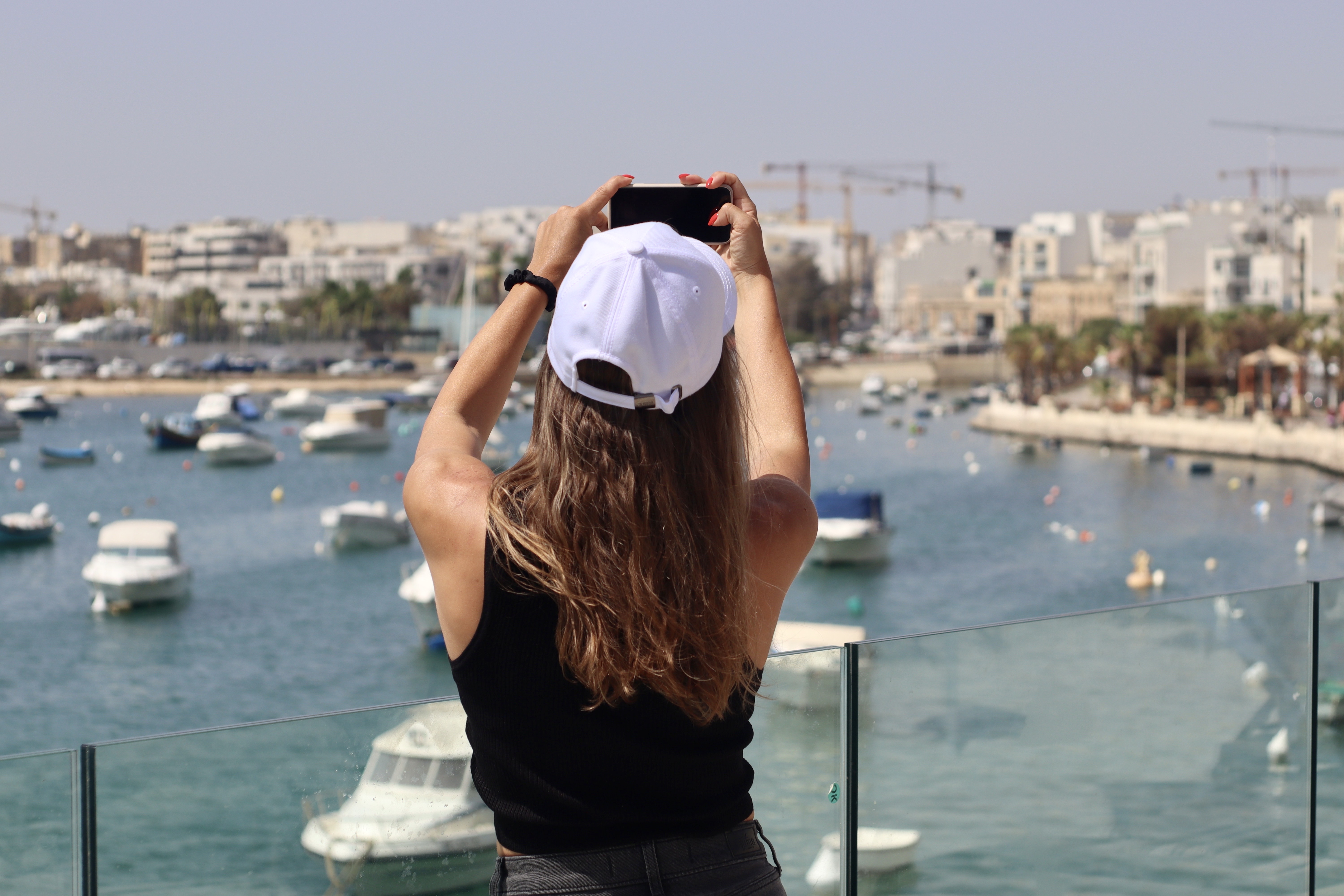
In today's digital age, technology can be a valuable ally in your European travels. From navigation and translation apps to currency converters and travel planners, there are countless tools available to make your journey smoother and more enjoyable. Consider downloading apps like Google Maps for navigation, Duolingo for language learning, and XE Currency for real-time exchange rates. Additionally, travel platforms like Airbnb and TripAdvisor can help you find accommodations and activities tailored to your preferences. By embracing technology, you can streamline your travel experience, stay connected, and make informed decisions on the go.
11. Safety First: Ensuring a Secure Travel Experience

Safety is a top priority when traveling, and Europe is generally considered a safe destination. However, it's important to stay vigilant and take precautions to protect yourself and your belongings. Be aware of common scams and pickpocketing hotspots, especially in crowded tourist areas. Keep your valuables secure, and consider using a money belt or hidden pouch for added protection. Additionally, familiarize yourself with local emergency numbers and healthcare facilities in case of an emergency. By staying informed and prepared, you can ensure a safe and worry-free travel experience.
12. Sustainable Travel: Minimizing Your Footprint

As awareness of environmental issues grows, sustainable travel has become increasingly important. Europe offers numerous opportunities to minimize your environmental footprint, from choosing eco-friendly accommodations and transport options to supporting local businesses and conservation efforts. Consider traveling by train instead of flying, reducing waste by using reusable bottles and bags, and participating in eco-friendly activities such as hiking or cycling. Additionally, be mindful of your impact on local communities and ecosystems, and strive to leave each destination as you found it. By embracing sustainable travel practices, you can contribute to the preservation of Europe's natural and cultural heritage for future generations.
13. Cultural Immersion: Connecting with Locals

One of the most rewarding aspects of travel is the opportunity to connect with people from different cultures and backgrounds. Europe is a melting pot of diversity, and engaging with locals can enrich your travel experience and provide valuable insights into each destination. Consider participating in cultural events, joining local tours, or attending community gatherings to meet residents and learn about their way of life. Respect and open-mindedness are key—be curious, listen actively, and embrace the differences that make each culture unique. By immersing yourself in local life, you can forge meaningful connections and create lasting memories.
Your European Journey Awaits

With these 13 tips in hand, you're well-equipped to conquer the confusion and embark on a bold European adventure. From understanding the intricacies of the Schengen Zone to savoring the continent's diverse culinary delights, each tip is designed to enhance your travel experience and ensure a memorable journey. As you explore Europe's rich tapestry of cultures, landscapes, and histories, remember to embrace the unexpected and savor each moment. Your European journey awaits—bon voyage!

